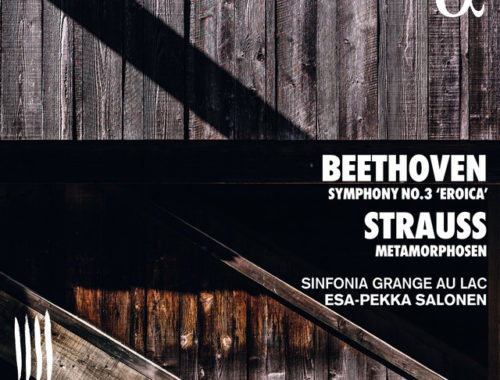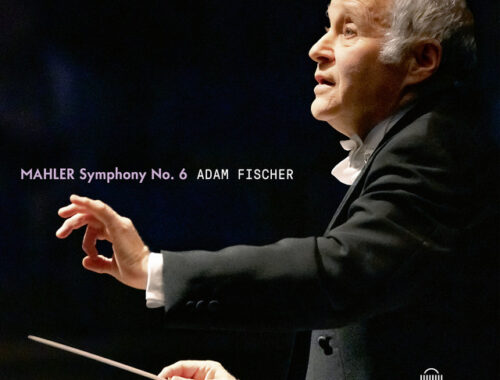GRAMOPHONE: From Where I Sit – May 2021

Each Sunday morning whilst awaiting the BBC’s news round-up from Andrew Marr (an erstwhile editor of mine) I generally catch the end of Gary Lineker and his pundits reviewing the week’s football. Now I’m no expert on the sport (quite the contrary) but it pleasures me to see well-informed commentators offering highly technical analysis of the beautiful game’s intricacies. Far from blinding me with their science such highly detailed enthusiasm is infectious and, yes, you learn from it. But try doing that with classical (or indeed popular) music on primetime TV or in mainstream newspaper columns and you’ll be met with accusations of ‘exclusion’ or worse still ‘elitism’. Far better, it seems, to spoon-feed the arts in a passive one-size-fits-all manner which even public service broadcasting mistakenly thinks is the best way to broaden its audience.
Enthusiasts will out, of course – they’ll find their informed sources, like Gramophone – and go on broadening their horizons. But the powers that be will invariably keep them and the music they revere in their place. When I first arrived on the newly founded (and for a time well-named) Independent newspaper my then arts editor encouraged detailed criticism and feature writing. Grown-up stuff. One of my first assignments was to contribute to a series entitled ‘Vocal Heroes’ when the brief was to take a voice of one’s choice – any voice – and
present an ‘anatomy’ of it. ‘Of course I want a good read’ said the editor, ‘but I want it to be technical as hell!’ In other words, give us chapter and verse on the mechanics of these voices. I chose Barbra Streisand and Luciano Pavarotti for two of the series and by stretching me they brought out the best of me. Such commissioning would, of course, be inconceivable in what remains of newspapers these days. I started to see the change when subsequent arts editors said things like ‘well did you like it or not?’ Nothing is ever that simple.
The devil is in the detail and if the detail is expertly conveyed then the reader will not just read but hear the points that said writer is making. It’s all very subjective, of course, but that’s what makes it so exciting.
They had a classical music category on the TV quiz show Pointless the other day (I nearly fell over backwards) – and you could almost feel the tacit apology in the air as the subject came up. Contrast that with the spectacle of Daniel Barenboim choosing to talk to his audience in advance of a performance of Schoenberg’s Variations for Orchestra at London’s Festival Hall some years back. He spoke for twice as long as the work’s actual duration illustrating in a few well chosen extracts where Schoenberg might be ‘hiding’ his theme. It essentially became a game of hide and seek in which the audience was complicit. At the close he simply said ‘Remember, the beauty of this piece is in its complexity’. And, do you know, I don’t think I’ve ever heard an audience listen so intently. They may never want to hear the piece again but they’d been invited in.




